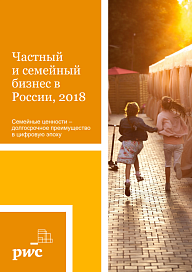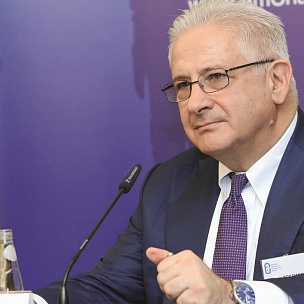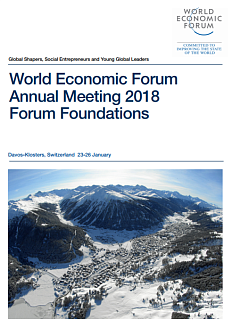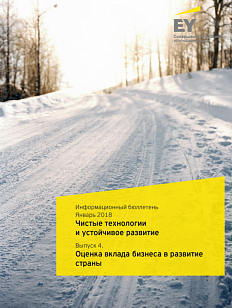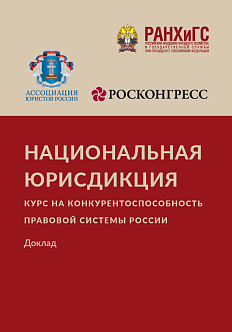The study carried out by PricewaterhouseCoopers (PwC) is based on a survey of 2,953 owners and senior executives of private and family businesses in 53 countries, including Russia. The survey was conducted in 2018 in the form of interviews and questionnaires. The study shows that business owners today are becoming increasingly concerned about innovation, disruptive technologies, and digitalization which are crucial components of modern business environment. In the context of these phenomena, matters like strategic planning, the companys mission, and professional development of its leaders and employees start to be seen from a different perspective. Private and family businesses remain the economys main asset and guardians of tradition and fundamental values, as they safeguard and accumulate craftsmanship, shape a positive public attitude to entrepreneurship, and advance worthy causes.
As they grow, private companies sooner or later have to start looking for new sources of growth and ways to expand and diversify their activities. However, when they go beyond a single sector or market, they are faced with resource shortage, understaffing, social and cultural differences, etc. According to the data collected by PwC, as few as 8% of Russian private companies (compared to 26% of companies globally) operate in multiple economic sectors and multiple countries simultaneously.
.png)
Among the main challenges faced by their company in 2018 Russian respondents name economic conditions, the necessity of complying with regulations, competition on the internal market, and the need to introduce innovations in order to retain leading positions. Besides, compared to 2016, a greater number of Russian private and family businesses (27%) now feel that they are vulnerable to digital revolution. To meet all these challenges, private and family business owners have to maintain the balance between profitability and strategic development goals, such as catering to the needs of society, fostering innovative economy, or fulfilling their personal ambitions.
Based on the results of their research, the PwC analysts have formulated a set of guiding principles for private and family business owners. One of these principles is to involve millennials in the process of running the business, because millennials are thoroughly cognizant of the current trends in disruptive technologies and digital innovations and their impact on business. Also, business owners should treat company goals and values as a unique asset and a social resource and should formalize them as a vision document.


